![]()
![]()
![]()
Use LEFT and RIGHT arrow keys to navigate between flashcards;
Use UP and DOWN arrow keys to flip the card;
H to show hint;
A reads text to speech;
15 Cards in this Set
- Front
- Back

Argument
|
A group of statements provided to believe another statement
|
|

NonArgument
|
It's purpose is NOT to prove anything.
|
|
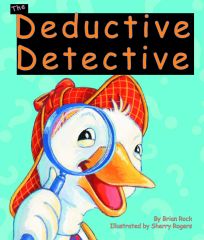
Deductive
|
It is **impossible** for the conclusion to be false...
(assuming the premises are true) Deductive Types: -Valid -Invalid |
|
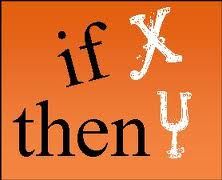
Sufficient Condition
|
If we have X, we know that Y must follow.
|
|

Necessary Condition
|
Without X, you don't have Y.
|
|
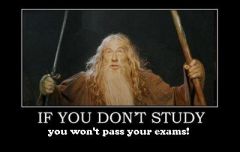
Conditional Statements
|
"If...Then..."
If = Antecedent Then= Consequent NOT an Argument. It could be the Premise or the Conclusion, though. |
|
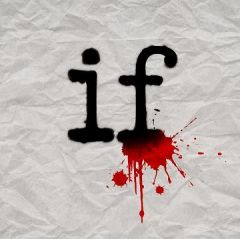
Antecedent
|
The statement following "if" is the ANTECEDENT.
|
|
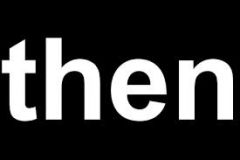
Consequent
|
The statement following "then" is the CONSEQUENT.
Sometimes... the word "then" is left out. Sometimes... the order of the antecedent and the consequent are REVERSED. |
|
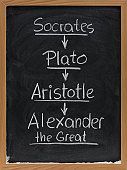
Aristotle? Who did he study under?
|
Aristotle studied under Plato.
Aristotle originated: -Logic -Categorical Syllogisms |
|
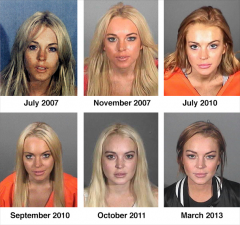
Uniformity Of Nature
|
AKA....
The future will look like the past. |
|
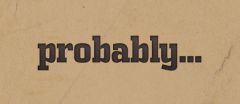
Inductive
|
It is **probable** that the conclusion is false...
(assuming the premises are true) Inductive Types: -Cogent -Uncogent |
|
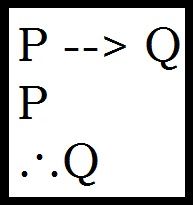
Modus Ponens
|
**EXTREMELY** Valid! (even if premises are false)
AKA... It's a Hypothetical Syllogism!! The Form: P --> Q P Therefore Q |
|

What if there's no conclusion indicator?
|
The conclusion is probably the first sentence!
|
|
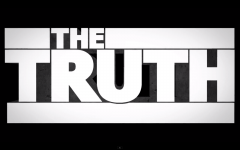
Cogent vs. Uncogent?
|
Inductive Arguments!!
Cogent: ALL the premises are actually true in our world Uncogent: ANYTHING is not true? It's *uncogent* |
|
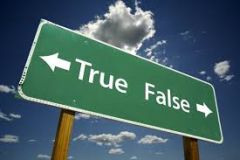
Statement
|
A sentence that can be true or false.
|

